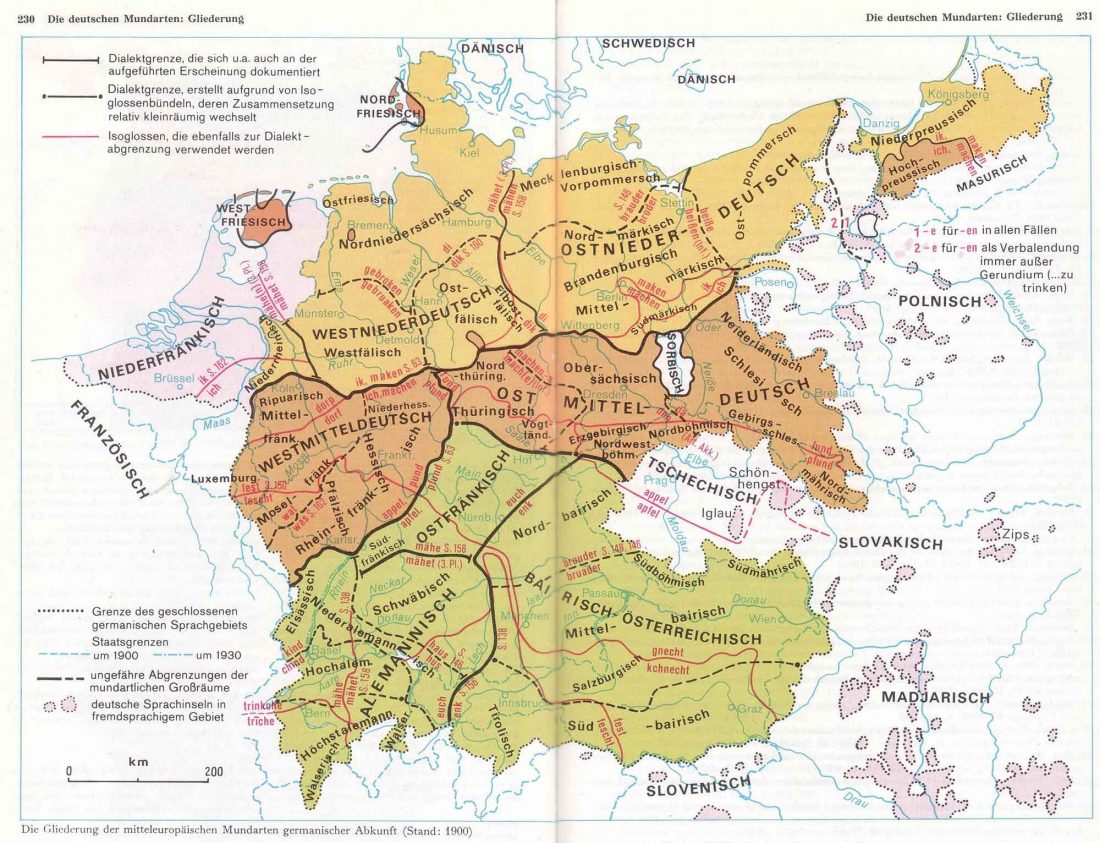Maybe it is my impression, and this has been going on for a long time now, but in the past few months I have received many notifications from German newspapers about increasing demands by the Polish Government for war reparations (see today, five days ago, and see some editorials on the subject by the Berliner Zeitung and Die Welt).
This might seem a quick and easy way of obtaining money for the Polish administration; after all, Greece has been trying to do that since their economic crisis, not the least because of Germany’s strong support of austerity … Read the rest “Renewed German reparation demands by Poland mean also renewed territorial disputes”

